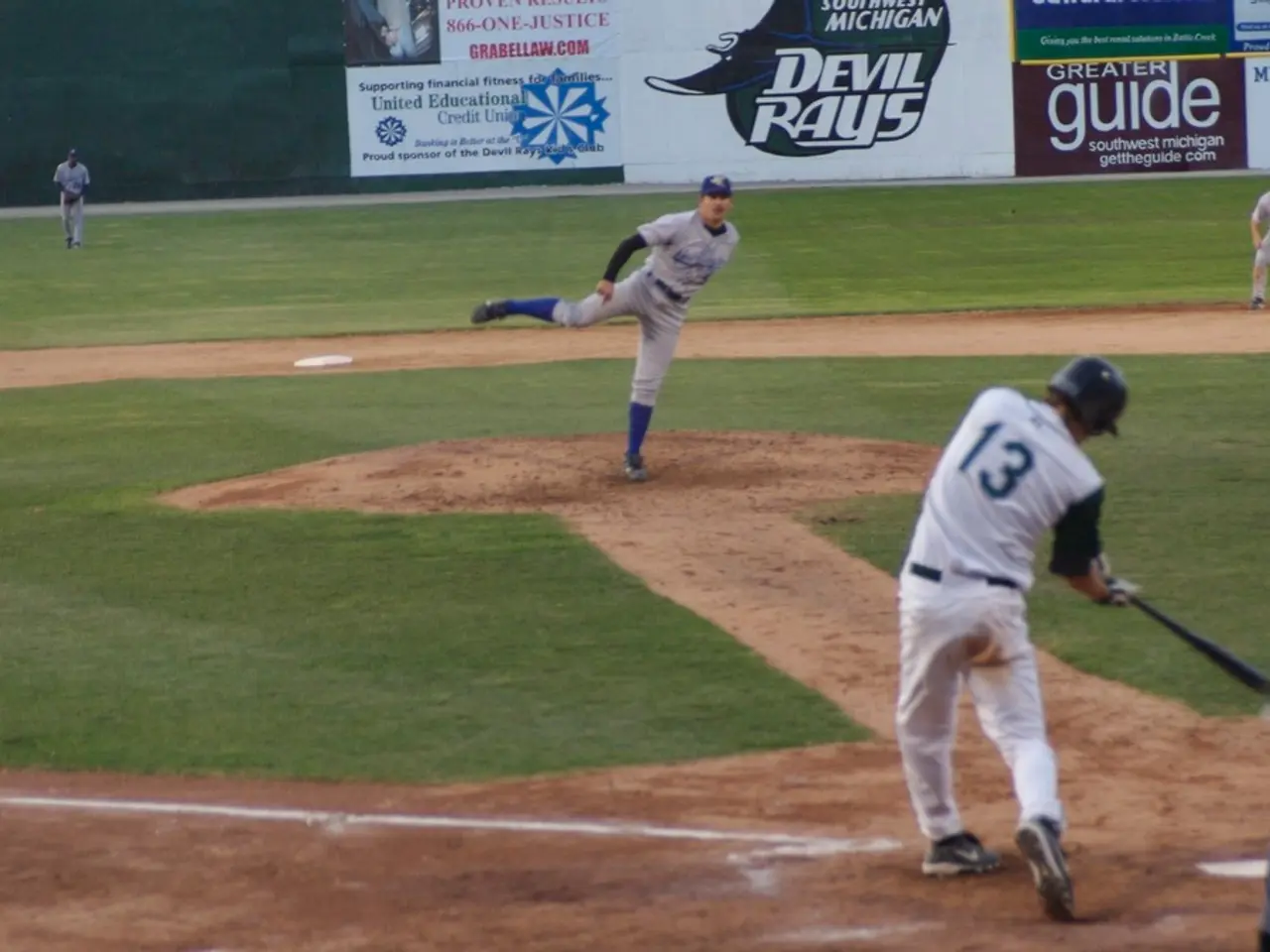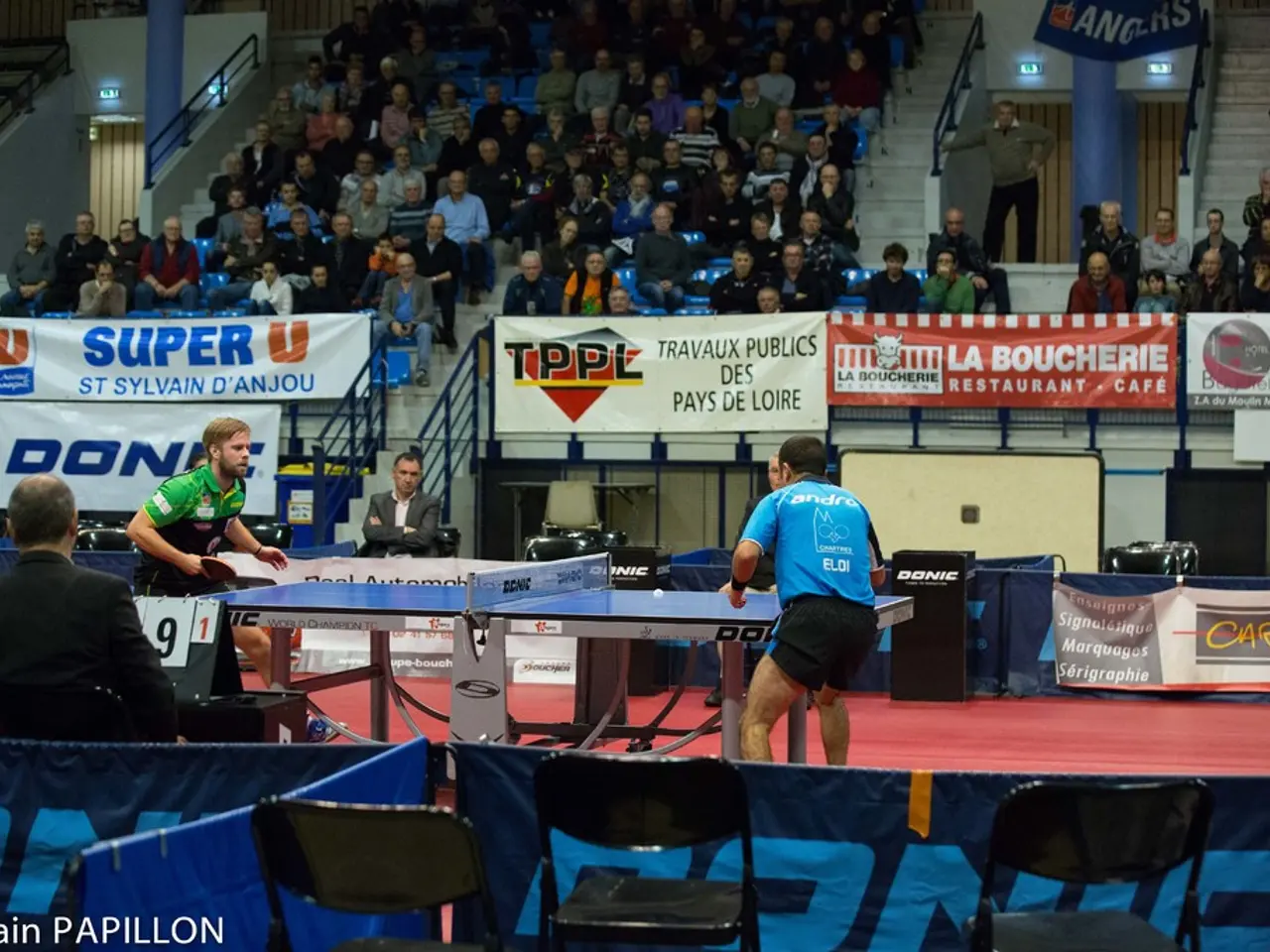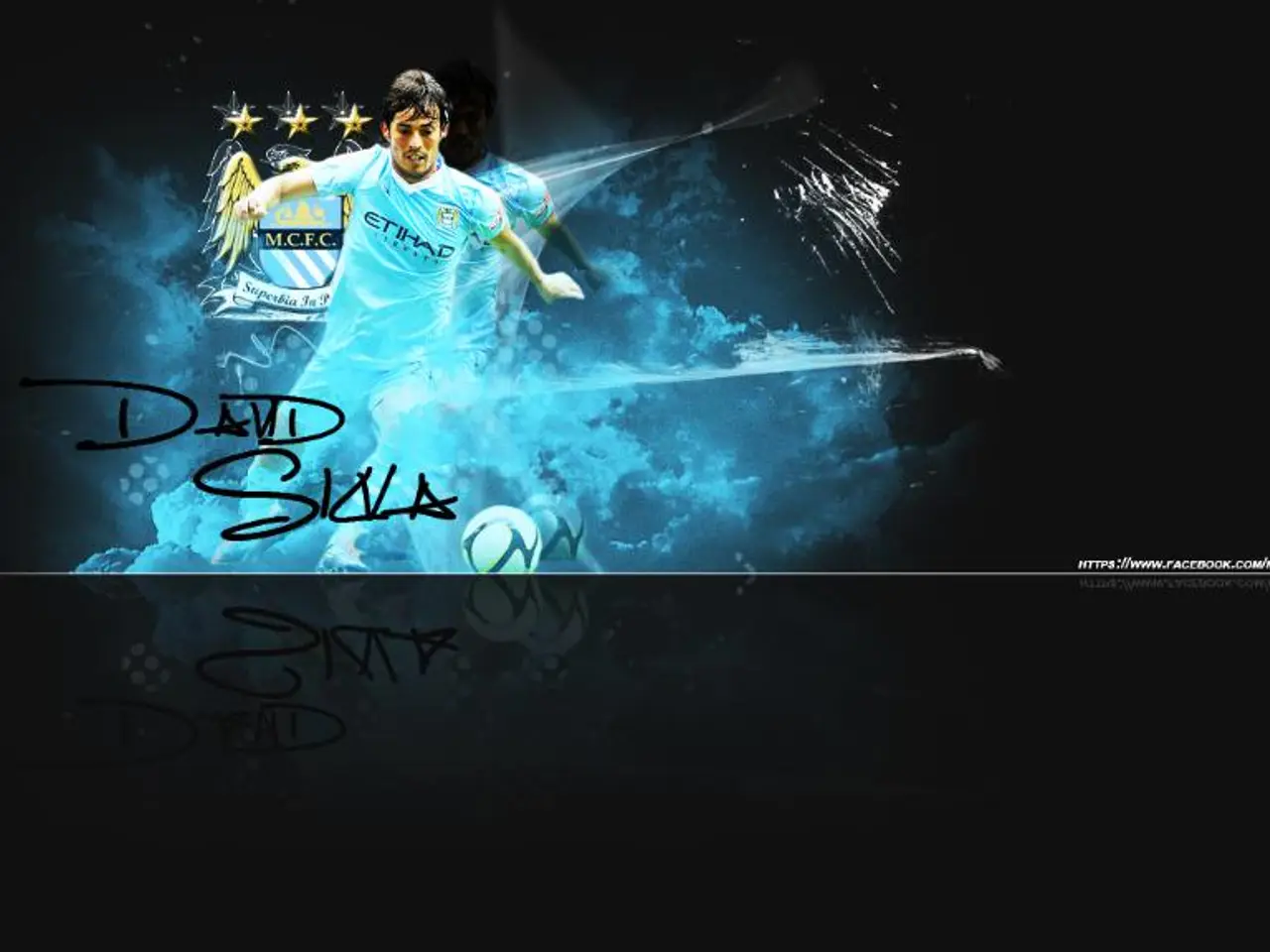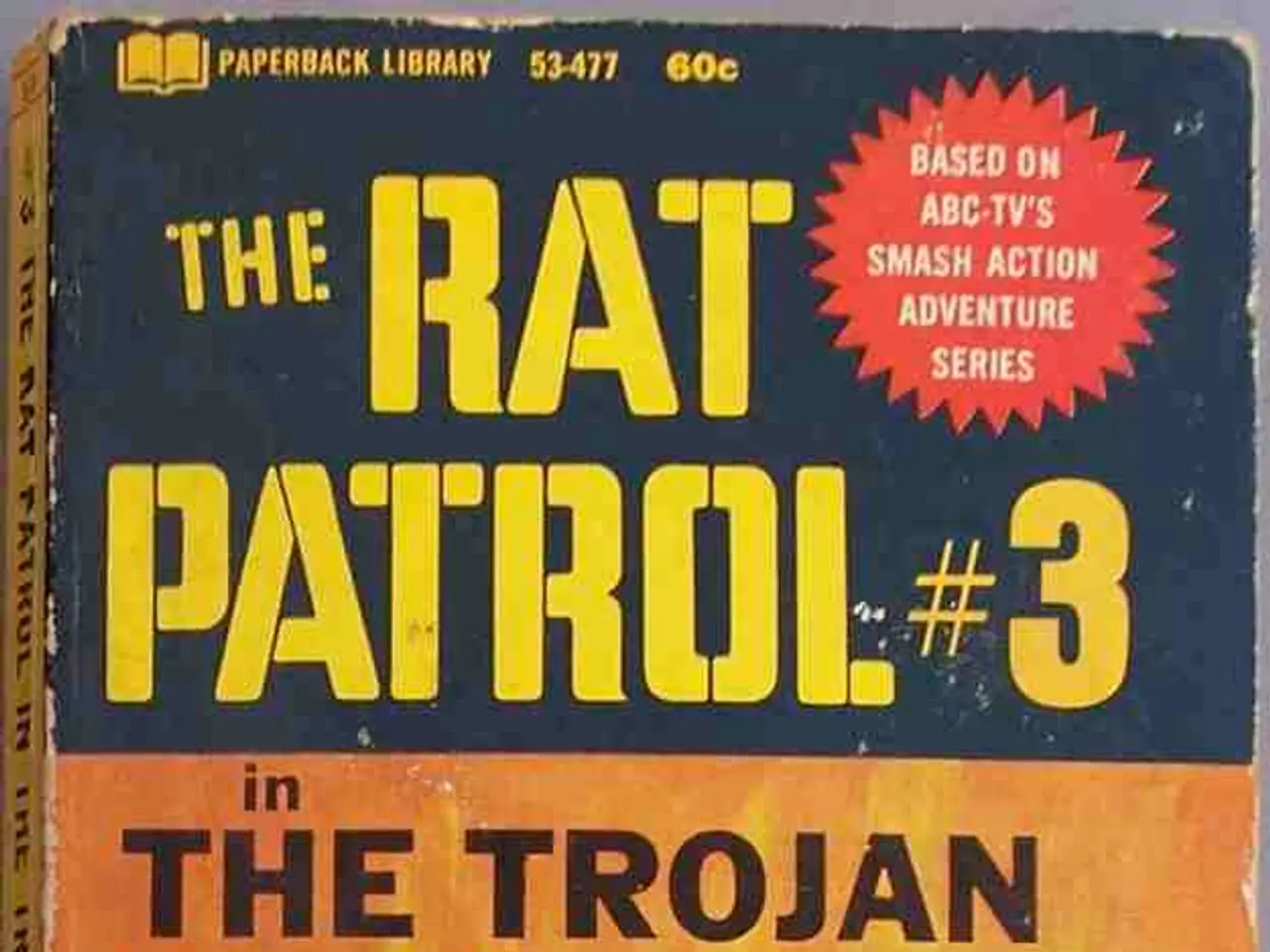Unveiling the Inner Workings of Baseball Officials: Umpiring Operations Revealed
In the world of Major League Baseball (MLB), the focus is often on the players, but behind the scenes, a group of individuals plays a crucial role - the umpires. These unsung heroes travel the length and breadth of the country, making split-second decisions that can change the course of a game.
The path to becoming an MLB umpire is a long and arduous one, starting with the MLB Umpire Camps held nationwide. These camps, which have been instrumental since 2006, provide aspiring umpires with quality, consistent training focused on the rules, mechanics, and decision-making skills needed at the professional level.
Selected attendees from these camps are invited to MLB’s Umpire Prospect Development Camp, a four-week intensive training session that serves as a gateway into Minor League Baseball umpiring and eventually Major League Baseball. This structured development model, instituted in 2023, emphasizes expanding and diversifying the umpiring pool while expediting top performers' routes to the Major Leagues.
Beyond formal training, umpires maintain their mental sharpness and physical readiness through routines that include studying game rules, staying physically fit, traveling efficiently, and preparing mentally to manage the pressures of every call during games. Experienced instructors and supervisors with professional and collegiate umpiring backgrounds also play a role in developing umpires' skills through specialized camps and placement courses.
The journey from these camps to the majors is a lengthy one, with many spending 8 to 12 years in the low-paying minors before they earn their way to the top. Despite this, the accuracy rates for major league umpires are astounding, with 97 percent for calling balls and strikes and 99 percent in the field.
However, even the most experienced umpires can make mistakes. In 2010, Major League umpire Jim Joyce made a call that denied Detroit Tiger pitcher Armando Galarraga a perfect game. Galarraga was one out away from throwing a perfect game when Jason Donald grounded to first base. Despite replay evidence showing Donald was out, Joyce ruled him "safe," sparking widespread outrage. Joyce emotionally admitted to reporters after the game that he had made a "horrible, horrible mistake."
Despite the occasional error, the integrity of major league umpires is not often questioned. However, the role of umpires in the game has evolved over time, with umpires in the 19th century mainly tasked with making sure teams didn't cheat. Incidents such as Roberto Alomar spitting in the face of umpire John Hirschbeck after a called third strike in 1996 and George Brett storming out of the dugout after a home run was nullified in 1983, highlight the sometimes contentious relationship between players and umpires.
While some argue for the implementation of instant replay to reduce bad calls, many umpires are against this idea, believing that umpires will get some calls right and some wrong. Despite this, the role of umpires remains vital in maintaining the fairness and integrity of the game. Unlike major league players, umpires travel commercially and receive an estimated $340 a day for expenses.
In the face of adversity, umpires continue to officiate games with unwavering dedication, often the focal point of hatred and angst in baseball, and are perhaps the most vilified people in sports. Yet, they stand tall, ensuring the game is played fairly and within the rules, making split-second decisions that can change the course of a game. Their journey is long, their role often contentious, but their commitment to the game is unwavering.
Umpires' journey to join Major League Baseball (MLB) involves attending MLB Umpire Camps held across the country and attending the Umpire Prospect Development Camp, a four-week intensive training session. These camps focus on the rules, mechanics, and decision-making skills needed at the professional level.
Despite the path being lengthy and often contentious, umpires maintain their focus on maintaining the fairness and integrity of sports, making split-second decisions that can change the course of a game.







